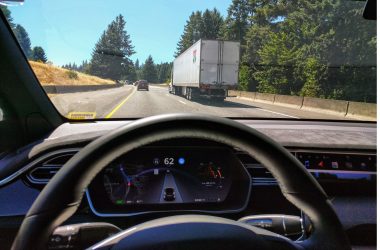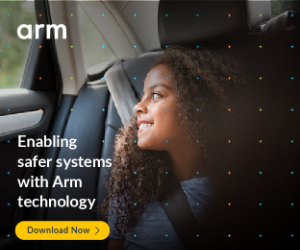Swedish car manufacturer Volvo has not received authorization for the Drive Me project in Gothenburg.
It was planned for years, but now faces an unclear future: Volvo’s Drive Me project intended to outsource semi-automated XC90 models to families who could use the technology as beta testers in Gothenburg. Tests of this kind were also planned in London and China, but nothing will happen in Sweden for the time being.
The Drive Me project was expected to yield essential insights from the experience of the real world providing 100 families with autonomous vehicles, which would then be used, for example, to commute to work. Production of the pilot-assisted XC90 models began in 2016, with tests scheduled to begin in 2017.
The project was supported by a number of cooperation partners who are also involved in the technology development. One of them is the supplier Autoliv, with whom Volvo has founded a whole new company to market autonomous driving: Zenuity.
Families as Test Objects?
The tests had not been approved yet, but Volvo still expected to get the permission. Therefore the families were already introduced to the technology. Latter was stated as the official reason for the delay, until the Swedish transport authorities (Transportstyrelsen) officially refused their permission for the tests. The reason: semi-autonomous technology is still too unsafe to equip families with.
Swedish authorities cited legal difficulties and the question of liability as reasons for the ban on tests. It can be assumed that the fatal accident in Arizona was also one of the reasons for the provisional end of the tests. Investigations have shown that the driver was watching a TV show on her mobile when her autonomous Uber caused the accident. Uber has received many test cars from Volvo, and the car involved in the crash was one of those. The fear of further accidents in Gothenburg will have played a role in the decision of the authorities.
Reaching Level 4 with the Highway Pilot
Meanwhile, Volvo has announced that it wants to reach Level 4 (high autonomy) by 2021 - at least on highways. The company is now working on the Highway Pilot - the successor of Pilot Assist. Here drivers shall be able to devote themselves to other things while driving.
About the author:
David Fluhr is journalist and owner of the digital magazine “Autonomes Fahren & Co”. He is reporting regularly about trends and technologies in the fields Autonomous Driving, HMI, Telematics and Robotics. Link to his site: http://www.autonomes-fahren.de










